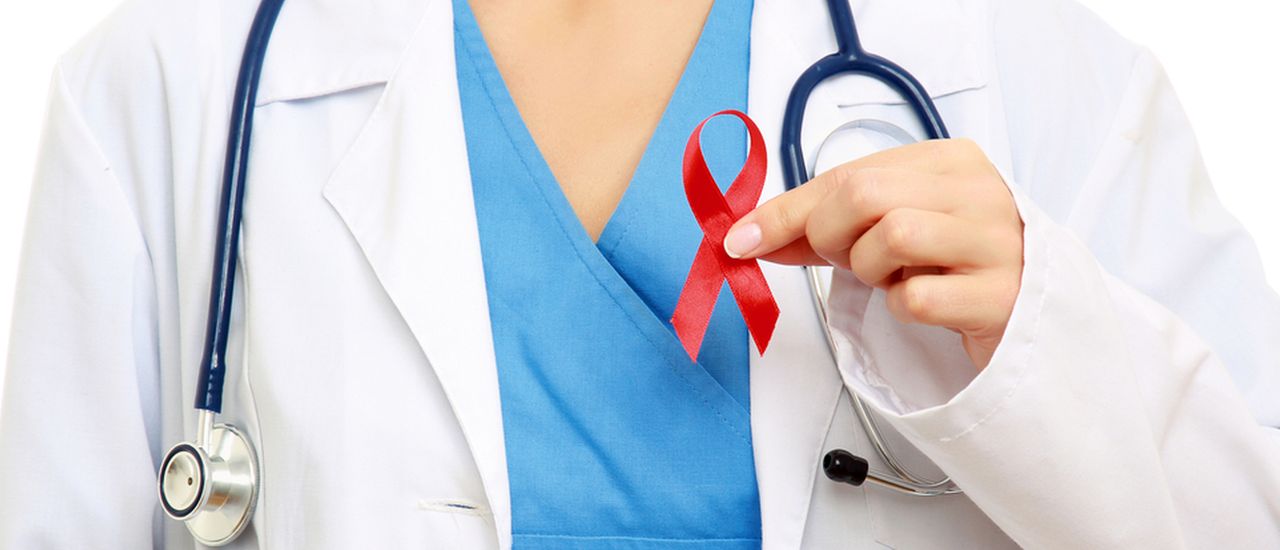Ever heard of the acronyms PrEP and PEP? Both refer to HIV prevention; let’s have a look at what these terms mean.
PrEP:
This stands for Pre-Exposure Prophylaxis. Prophylaxis means to “prevent the spread of a disease or infection”. We’re desperately trying to curb the spread of HIV infection and PrEP is one of the newer methods being used – an HIV negative person will take a tablet (containing two types of antiretroviral medication) every day to prevent contracting HIV. This, together with other preventative methods such as condom use, can offer very good protection.
So who would take PrEP? At this stage it is not recommended for just anyone, only for those at high ongoing risk of HIV infection – for example someone whose partner is HIV positive, sex workers and men who have sex with men. This method can also be used when an HIV discordant couple (one HIV positive and one HIV negative) wish to conceive a child. It is important to note that this is not a vaccine for HIV, only a prevention strategy.
How effective is PrEP? Studies so far have been encouraging, with PrEP lowering the risk of HIV infection by up to 90% in some BUT this is only if the medication is taken daily. If compliance is poor, it is much less effective- with some studies showing it to be completely ineffective owing to poor adherence. Currently PrEP is not routinely given in government settings in South Africa- if however you think you are at particularly high risk speak to your doctor to see whether PrEP would be suitable for you.
PEP:
This stands for Post-Exposure Prophylaxis. After someone has been exposed to HIV, PEP can be given to reduce the risk of contracting the infection. This is regularly used in settings such as – after sexual assault and for health care workers if injured at work – a needle-stick injury for example. To be effective this needs to be taken within 72hrs of exposure and consists of 2 or 3 antiretroviral drugs that need to be taken for a month. PEP is NOT 100% effective even when taken correctly and the medication can make you feel quite unwell for the duration of the course.
So who would take PEP? Someone who has been exposed to HIV in a single event which is unusual. It is not to be used in place of condoms and other HIV prevention methods.
How effective is PEP? It is most effective if started within 72hrs of exposure – you will have an HIV test before starting (as it is only given to someone who is HIV negative) and then again at 6 weeks, 3 months and 6 months.
Author: Dr Lynelle Hoeks

